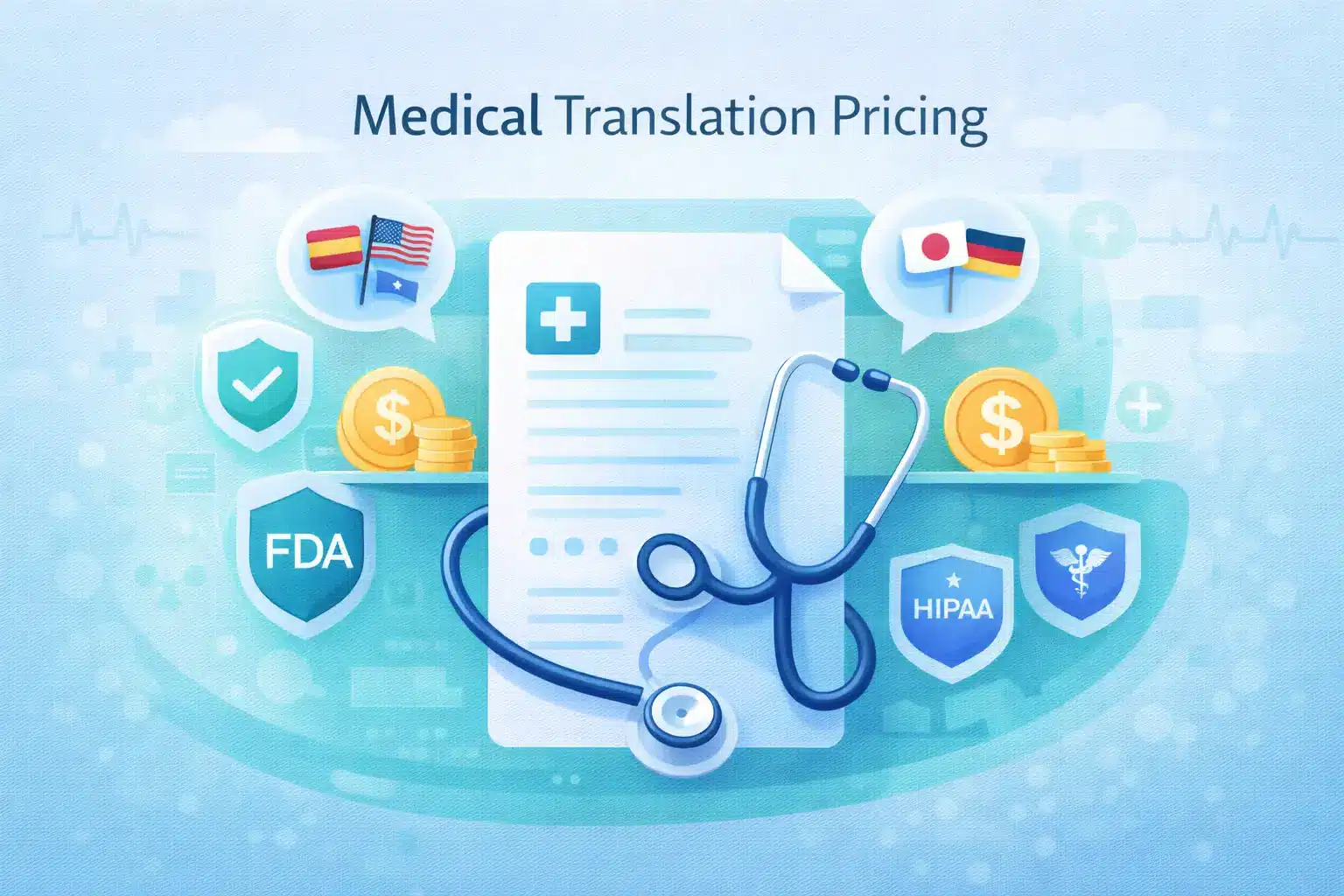Translations are a routine part of our lives today, with people all over the world now easily interacting with each other due to technological advancements. But unlike what a lot of people perceive, translating is so much more than just changing a text from one language to another. There are many other factors and conditions outside of the language itself that need to be considered. Thus, it is important to have a thorough translation quality assessment to ensure that a translated work meets the expected standards.
Factors to Consider in Translation Quality Assessment
Language can be interpreted in a number of different ways. Thus, there are also multiple manners of translation that can result from a single text. This is one of the things that make translation quality assessment rather tricky. But if the goal of the translation is clearly defined and if there is a deciding entity with regards to the quality of the translation, the assessment process can be much more systematic. This brings us to the many factors that need to be taken into consideration when assessing the quality of a translation.
Accuracy
The translation quality is said to be high if the original meaning of the text is preserved regardless of what language it is translated into. In some cases, localization might necessitate the changing of certain references or idioms but the gist of the content should remain the same. Accuracy is especially crucial in technical or legal documentation where the slightest error can lead to serious implications. Wrong translations of medical literature, for instance, can lead to serious health complications.
Creativity
While accuracy is definitely important, there are also some cases where a translator needs to be more creative rather than accurate. This has a lot to do with the process of localization. Certain texts that are very effective in some languages might make no sense in others. The translator then needs to think of a corresponding text that delivers the same meaning in a way that is relevant to the target language.
Style
This is one of the more subjective areas of translation quality assessment. The translated document needs to be written in an equivalent style to the original text. It might not necessarily be the exact same style since the translator also needs to consider language nuances and cultural differences. But the resulting text should have the same kind of effect on the user as the original.
Grammar and Punctuation
Of course, when doing translation quality assessment, one must not forget about the most basic criteria for any writing task, which is correct grammar and punctuation. No matter how well the text has been translated, it would make any reader cringe to see these fundamental errors. Not to mention, it will definitely harm the credibility and reputation of the client especially if the erroneous translation makes its way to other parts of the world.
Purpose of the Translation
After all the technical assessment, the effectiveness of a translation can also be determined by whether it meets the intended purpose or not. For instance, a client might require a translation of their website to attract a larger audience from other countries. If their website traffic doubles, then the translation is a success for them.
Experience of the End-User
A high quality translation that has the end-user in mind is one that does not look like a translation at all. Instead, it should read very naturally like it was written in the native tongue of the reader, which is the target language. To achieve this kind of translation, the translator needs to be very fluent in the target language and well-versed in the client’s industry. They should also be able to implement localization strategies, which are crucial in making the content read naturally.
Steps for Basic Translation Quality Assessment
So how does the assessment process actually happen? There are multiple factors that must be considered and it would certainly take more than one pass over the document to be able to check all of them. So in evaluating any piece of translation, it is advisable to do it in multiple stages, with each stage focusing on certain factors.
Step 1: Check for Accuracy
Since this is the most important factor for most translation projects, you need to make sure right away that everything is accurate. Everything in the original must have been correctly translated, nothing more and nothing less. During this first step, it will also be easy to spot any spelling and grammatical errors.
Step 2: Check for Style
In this stage, the checker can see if the text reads naturally and has a similar effect as the original. This is also where any ambiguity should be spotted, where meanings can be mistaken for something else. The person who should be doing this part of the assessment should have the fluency of a native speaker of the target language.
Step 3: Check for Formatting and Grammar Errors
The format of the translation should be the same as that of the original. This is also the last chance to check for any grammatical, spelling or punctuation errors that might have been missed earlier.
Choose a Translator That Delivers High Translation Quality
It is true that translation quality assessment can be highly subjective. Every project is unique and must be evaluated based on specific parameters. It is therefore very important that the person or agency conducting the assessment is highly qualified and has a full understanding of the project at hand. Some translation companies will deliver on some of the factors mentioned above, but not on others. But why be contented with a translation that does increase your sales but has imperfect grammar, when you can get one that delivers on all fronts?
Here at Circle Translations, we will definitely come full circle for you. Our highly trained and vastly experienced language experts are guaranteed to give you results that will pass any translation quality assessment with flying colors. Just contact us and see for yourself the level of quality that we can provide for you.
Subtitles

Professional and Accurate Subtitle Services for your Videos.
- Video subtitles specifically tailor-made for improving accessibility.
- Using highly experienced subtitlers with years of industry experience.
- Professionally written and expertly timed.
Translation

We help the world’s top companies translate their content in over 73 languages!
- We localize content for internet websites, games, travel, cryptocurrencies, and more
- Expand your global audience by adding different languages.
- We work only with qualified translators and experienced content creators
Audio translation

Ensuring full accessibility for Blind and visual impaired audiences.
- Visual descriptive events as they occur in the video.
- Working with top audio describers to perfectly describe what is happening on-screen
- Professional sound recording.














